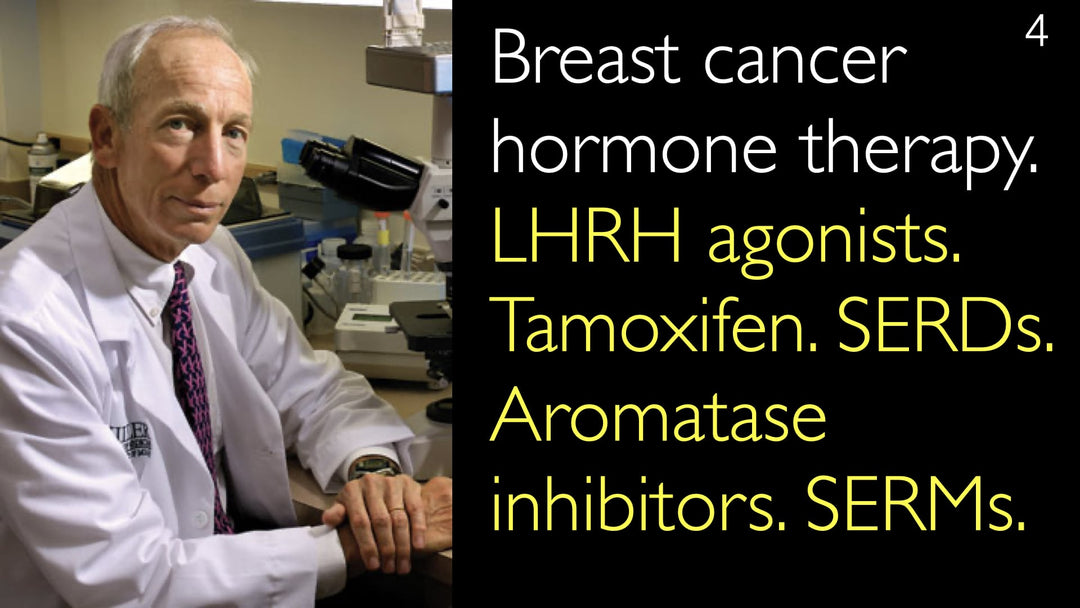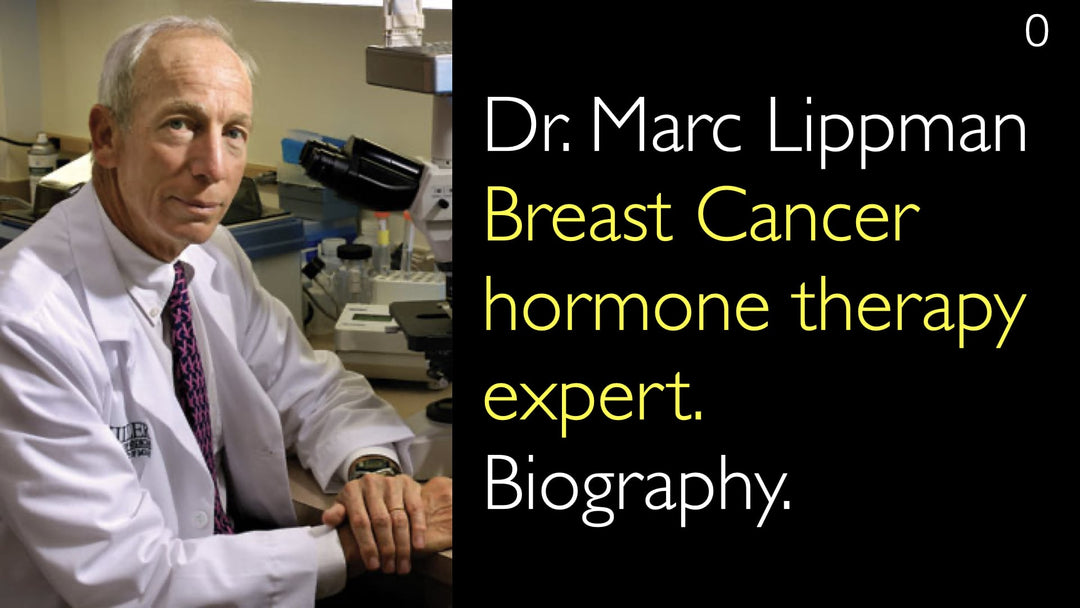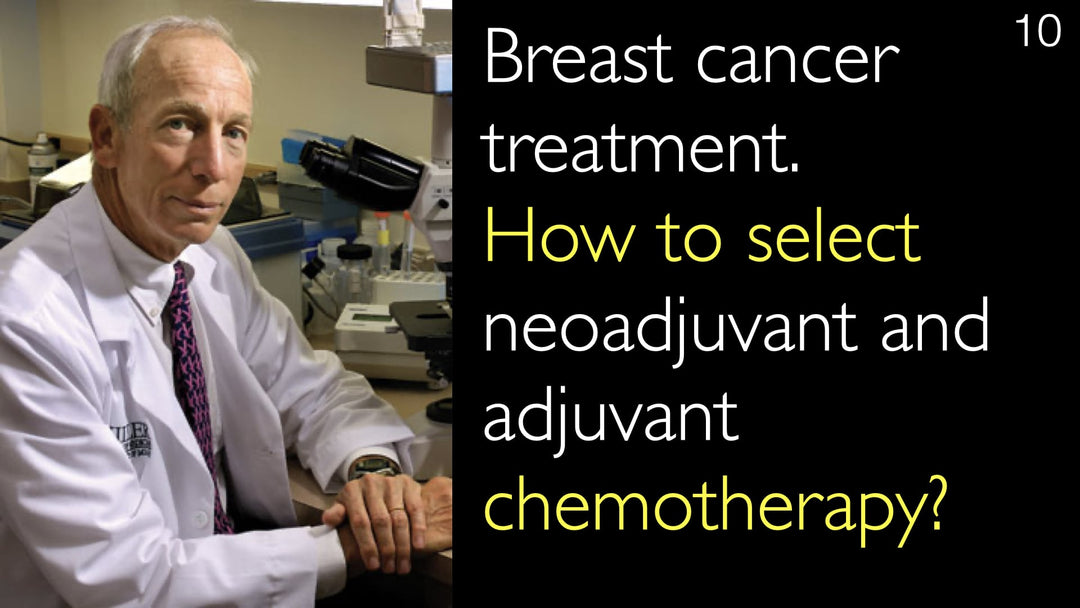Leading expert in breast cancer immunotherapy, Dr. Giuseppe Curigliano, MD, explains the most common side effects of immune checkpoint inhibitors, including cutaneous rash, hepatitis, and colitis. He details how these autoimmune reactions are managed with steroids and treatment pauses, emphasizing that most are reversible and do not prevent continuing effective cancer therapy. Dr. Giuseppe Curigliano, MD, highlights the importance of early recognition and patient education to achieve excellent outcomes without long-term complications.
Managing Immunotherapy Side Effects in Breast Cancer Treatment
Jump To Section
- Common Immunotherapy Side Effects
- Managing Autoimmune Reactions
- Reversibility and Treatment Continuation
- Tumor Resistance vs. Treatment Side Effects
- Patient Education and Clinical Outcomes
- Exceptional Responders and Long-Term Survival
Common Immunotherapy Side Effects
Patients undergoing immunotherapy for breast cancer most commonly experience autoimmune reactions. Dr. Giuseppe Curigliano, MD, identifies the frequent side effects as cutaneous rash, hepatitis, and colitis. Pneumonitis is a rarer but serious potential complication of immune checkpoint inhibitor therapy.
These side effects occur because immunotherapy works by activating the patient's own immune system to attack cancer cells. This heightened immune activity can sometimes mistakenly target healthy tissues and organs, leading to inflammation.
Managing Autoimmune Reactions
Effective management of immunotherapy side effects hinges on early recognition and prompt intervention. Dr. Giuseppe Curigliano, MD, stresses the critical need to increase patient awareness of potential symptoms. The standard protocol involves starting a course of steroids and temporarily stopping the immunotherapy treatment once a side effect is identified.
This approach allows the immune system to calm down and the inflammation to subside. For specific side effects like thyroiditis, which is more common in women, long-term thyroid hormone replacement therapy may be necessary to manage the resulting hypothyroidism.
Reversibility and Treatment Continuation
A key concern for patients is whether side effects will be permanent. Dr. Curigliano confirms that many immunotherapy-induced side effects are, in fact, reversible. After the side effect has been successfully managed and has resolved, patients can often proceed again with their breast cancer treatment.
This ability to resume therapy is crucial for maintaining the anti-tumor benefits of immune checkpoint inhibitors. The interview with Dr. Anton Titov, MD, clarifies that temporary treatment interruption does not necessarily mean a loss of therapeutic efficacy.
Tumor Resistance vs. Treatment Side Effects
Dr. Giuseppe Curigliano, MD, makes an important distinction between developing resistance to immunotherapy and experiencing its side effects. He notes that in his clinical practice, he has not observed many very severe side effects, attributing this to proper usage and patient education.
The progression of cancer is often due to the tumor developing resistance to the treatment mechanism itself, not because therapy was stopped due to side effects. These are two separate clinical challenges that require different management strategies.
Patient Education and Clinical Outcomes
Dr. Giuseppe Curigliano, MD, emphasizes that education is a powerful tool for improving outcomes. By increasing the awareness of patients about potential side effects, they can report symptoms early, leading to quicker intervention. This proactive approach helps prevent side effects from becoming severe.
This focus on patient partnership is a cornerstone of modern oncology care. Dr. Anton Titov, MD, highlights the importance of these discussions during treatment planning to set realistic expectations and empower patients.
Exceptional Responders and Long-Term Survival
The conversation with Dr. Anton Titov, MD, also explores the spectrum of patient responses. Dr. Giuseppe Curigliano, MD, shares that he has had exceptional responders, including some patients with metastatic breast cancer alive for more than ten years following immunotherapy.
These outliers represent the tremendous potential of immunotherapy to achieve durable, long-term remission. Conversely, some patients, particularly older individuals, may develop resistance quickly and experience a poorer outcome, underscoring the variable nature of treatment response.
Full Transcript
Dr. Anton Titov, MD: Patients who are about to undergo immunotherapy, including patients with breast cancer, often ask: what are the side effects that I'm likely to experience? What are the most common side effects of immunotherapy in breast cancer patients that you see in your clinical practice?
Dr. Giuseppe Curigliano, MD: Usually, autoimmune reactions are the most common side effects of immunotherapy. They include cutaneous rash, hepatitis, and colitis. Rarely, you may also have pneumonitis.
Now we know how to manage the side effects of immune checkpoint inhibitors. You should recognize them early and increase the awareness of the patients. Once you recognize side effects, you start steroids and stop treatment. You can recover perfectly without long-term side effects.
Sometimes you may have thyroiditis, which is more common in women. In this case, you need thyroid hormone replacement therapy.
Dr. Anton Titov, MD: For immune checkpoint inhibitors, are most side effects reversible? Do they permit the continuation of therapy once the side effects are managed by steroids?
Dr. Giuseppe Curigliano, MD: Many of them are reversible. Usually, once you have the benefit of side effects treatment, you can proceed with the breast cancer treatment.
Dr. Anton Titov, MD: With regards to breast cancer patients, do you usually encounter resistance to immunotherapy when you have to abandon further immunotherapy? Or do you encounter the side effects from immunotherapy even though, on a tissue-based basis, immunotherapy continues to work against the tumor?
Dr. Giuseppe Curigliano, MD: I never observed very severe side effects of immunotherapy in my patient population. It may be because we know how to use immunotherapy and we increase the education of the patients.
Some patients will be exceptional responders. I have had some patients with metastatic disease alive for more than ten years. These are outliers; I cannot explain this.
Some older patients, of course, may develop resistance very shortly. Those patients have a bad outcome.







